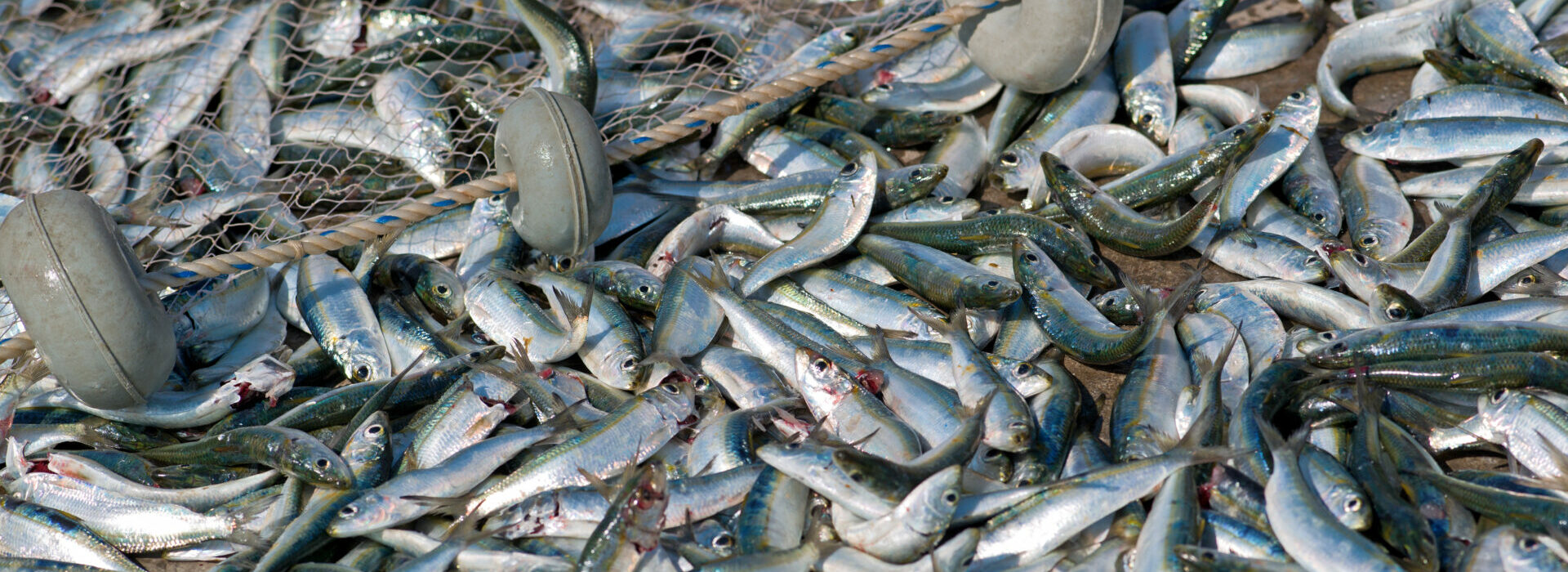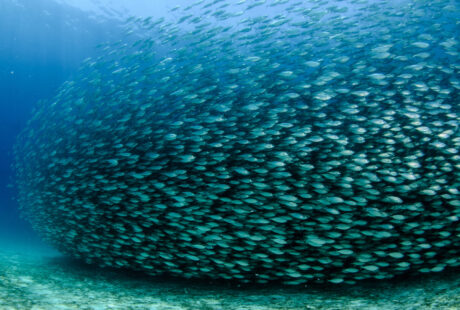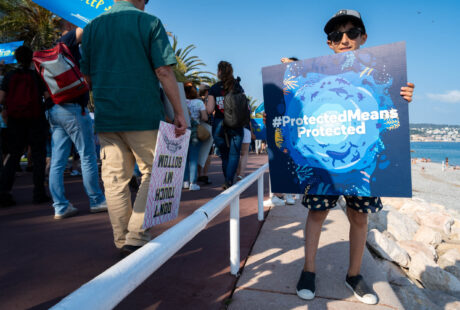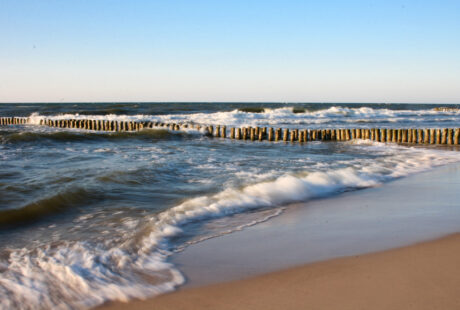EU funds designated to combat overfishing are instead doing the exact opposite; driving fleet overcapacity and overfishing, according to a report published today by Sea at Risk and BirdLife Europe.
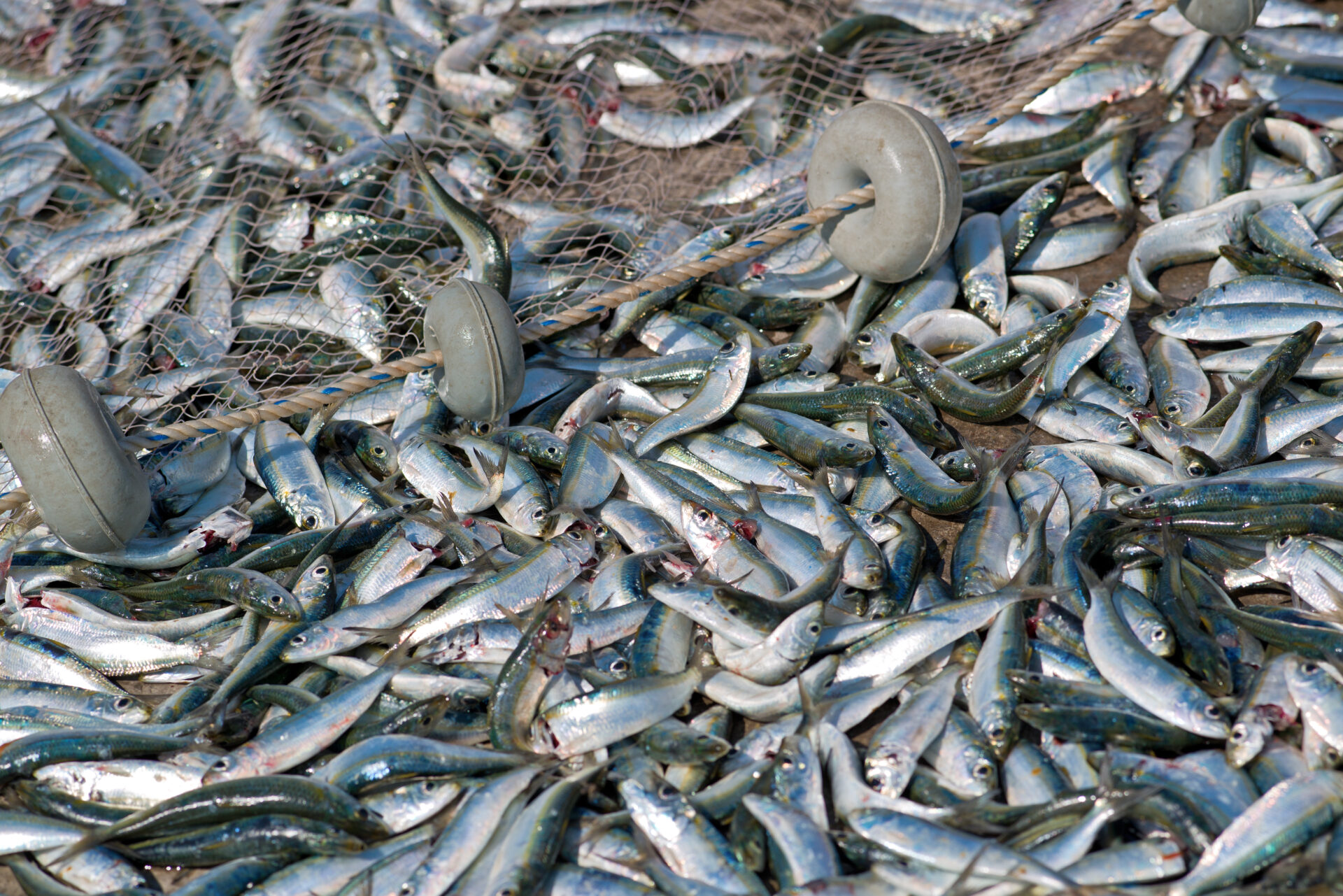
Although EU funded “temporary cessation” of fishing is intended primarily as a conservation measure to help rebuild fish populations, the report shines light on its ineffectiveness to reduce fishing capacity, and in supporting marine conservation efforts. The report illustrates how this measure is instead being used to retain both fleet capacity and destructive overfishing.
“With the current dire state of our ocean, we cannot afford to waste public money on fake solutions. The evidence is crystal clear, temporary cessation of fishing activities is a harmful subsidy, and has no place in the future European Maritime Fisheries Fund”, said Andrea Ripol, Fisheries Policy Officer at Seas At Risk. “We call on the EU to take a decisive step to reverse the decline in marine ecosystems and fish populations, by dropping temporary cessation and all other types of harmful subsidies.”
“The EU has been squandering tax-payers’ money for years without hesitation, funding the slow death of our seas” says Bruna Campos, Senior Marine Policy Officer at BirdLife Europe. “It’s not too late to turn the tide; if the EU is committed to a green recovery, it will stop handing out harmful fishing subsidies immediately. The EU must instead support projects that restore the marine environment, that helps fishers become low impact, and local communities to co-manage protected areas”
The next seven years of the European Maritime Fisheries Fund has entered the final stages of negotiations, with a trilogue meeting taking place this Thursday, 24th of September. During the meeting, decisions will be potentially made on whether harmful subsidies will be maintained or reintroduced in the next seven years of the Fund.
Overfishing is a serious problem in EU waters, with fishing limits outside safe biological limits in several areas. Scientists estimate that more than 40% of the fish stocks in the North East Atlantic and 80% in the Mediterranean are overfished (2) .
Dropping harmful fisheries subsidies from EU legislation is an essential step to achieving healthy seas and ocean by 2030, as requested by over 100 NGOs in the Blue Manifesto (1). The recent UN global assessment on the state of biodiversity pinpoints harmful fisheries subsidies as one of the main drivers of the ecological collapse of marine biodiversity and the mismanagement of fisheries. Furthermore, the international scientific community keeps ringing the alarm bell on the need to ban harmful fisheries subsidies. (3)
Download the report: Ending “Temporary Cessation” for Good – How an EU Subsidy is Driving Overfishing
ENDS.
Seas At Risk is an umbrella organisation of environmental NGOs from across Europe that promotes ambitious policies at European and international level for the protection and restoration of the marine environment.
BirdLife Europe and Central Asia is a partnership of 48 national conservation organisations and a leader in bird conservation. Our unique local to global approach enables us to deliver high impact and long term conservation for the benefit of nature and people. BirdLife Europe and Central Asia is one of the six regional secretariats that compose BirdLife International. Based in Brussels, it supports the European and Central Asian Partnership and is present in 47 countries including all EU Member States. With more than 4100 staff in Europe, two million members and tens of thousands of skilled volunteers, BirdLife Europe and Central Asia, together with its national partners, owns or manages more than 6000 nature sites totalling 320,000 hectares.
Notes to the editor
1- The Blue Manifesto is a new rescue plan for Europe to make our ocean healthy by 2030. The plan lays out concrete actions that must be delivered by set dates if we are to turn the tide on ocean and coastline pollution and degradation.
2 Scientific, Technical and Economic Committee for Fisheries (STECF): The 2019 Annual Economic Report on the EU Fishing Fleet (STECF 19-06), Dentes De Carvalho Gaspar, N., Keatinge, M. and Guillen Garcia, J. editor(s), EUR 28359 EN, Publications Office of the European Union, Luxembourg, 2019, ISBN 978-92-76-09517-0.
3 U. Rashid Sumaila, Sebastian Villasante & Frédéric Le Manac. Fisheries subsidies wreck ecosystems, don’t bring them back https://www.nature.com/articles/d41586-019-02054-0;
Clara Ulrich. DTU AQUA. Fisheries Committee 24 September 2019; Daniel Pauly https://www.youtube.com/watch?v=vnqvBGb6yvw;
Megan Bailey, Andres Cisneros-Montemayor, Robert Costanza, Sjur Didrik Flåm, Håkan Eggert, Rudolf de Groot, Rosamond L. Naylor, Charles Perring, Rashid Sumaila, Thomas Sterner, Sebastián Villasante, Pascal Lamy, Unai Pascual, Geneviève Pons, “Choisir entre la protection des océans ou sa destruction”, Le Parisien, 31 mars 2019; https://www.leparisien.fr/economie/choisir-entre-la-protection-des-oceans-ou-sa-destruction-31-03-2019-8043246.php;
World Bank. The Sunken Billions, 2009: https://siteresources.worldbank.org/EXTARD/Resources/3366811224775570533/SunkenBillionsFinal.pdf;
Martini, R. and J. Innes (2018), “Relative Effects of Fisheries Support Policies”, OECD Food, Agriculture and Fisheries Papers, No. 115, OECD Publishing, Paris, https://doi.org/10.1787/bd9b0dc3-en;
European Court of Auditors Special Report No 12 “Have EU measures contributed to adapting the capacity of the fishing fleets to available fishing opportunities?”, 2011;
Didier Gascuel : https://www.youtube.com/watch?v=LpfPbGnT8fI
Posted on: 23 September 2020
